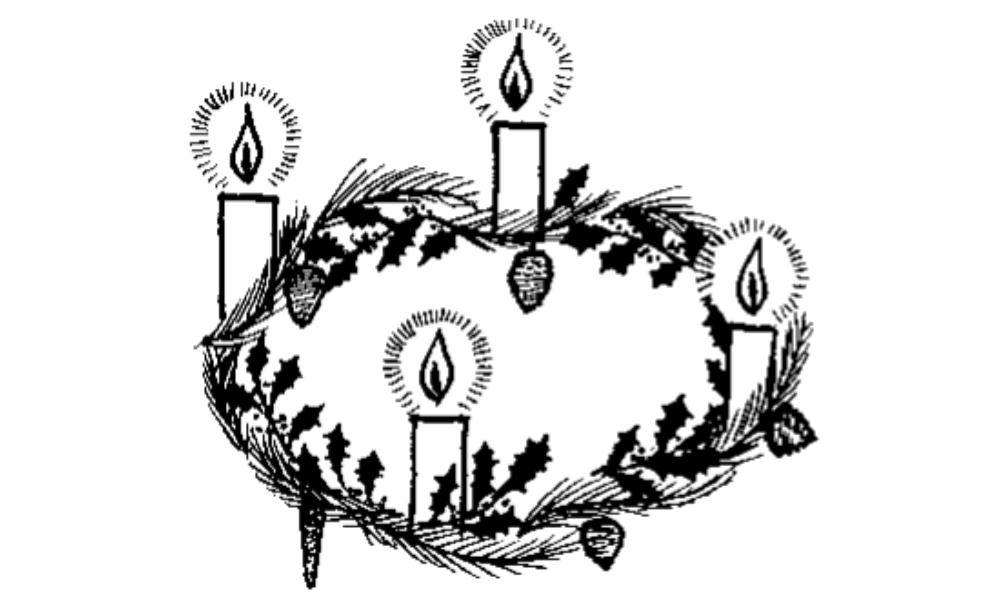Sermon for the 4th Sunday of Advent – 18th December 2022: Isaiah 7:10-16, Romans 1:1-7, Matt. 1:18-25
Deacon Chris Saccali – St Paul’s Athens
I speak in the name of the Triune God, Father, Son and Holy Spirit.
Oh Joseph. It can be so easy to overlook him. To underestimate the very real fear and confusion he had to conquer, to skip over the costly compassion and audacious trust that hehad to muster up and act upon. To forget that according to the world around him Jesus was the carpenter’s son.
Jewish communities in the first century were built upon extended family, active community, and a sense of loving duty to one another. It is therefore highly likely that Joseph’s whole future was wrapped up in a local girl that he’d probably known for as long as he could remember.
A girl who was probably chosen for him, by both of their families, so that they could begin their own. A girl who held the key to all his plans, his expectations, his anticipations. A girl who returned from a trip to her cousin’s house pregnant with a baby that couldn’t have been his. A girl he loved and respected enough to let go quietly, with minimal shame and humiliation.
Can you imagine how Joseph felt? Maybe you are familiar with the rug being pulled out from underneath you. Fearing all those things that are out of our control and events that seem to come from nowhere and knock us off course. We fail to learn that God is in control and to submit our lives to him. Maybe instead of Christmas or Season’s greetings our substitute wish during Advent and beyond should be that of the angels and the phrase uttered throughout scripture, ‘Do not be afraid,’ Emmanuel God is with us.
Although we light the fourth candle on our Advent wreath for Mary today and many of our thoughts and prayers are focused on her through Advent and Christmas, we shall return to her ponderings on New Year’s Day. Let us concentrate on Joseph and try to gain insights into his role in the narrative as presented in Matthew, his character and recognise that the story could not have gone ahead without him. The gospel writer gives him his due.



